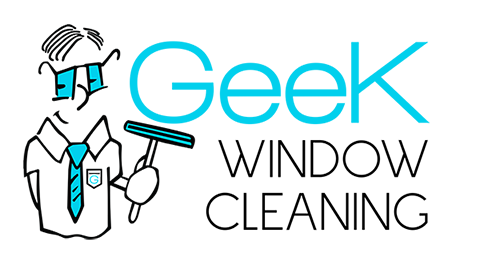You can clean surfaces with soap and water, but pressure washing gives you more oomph. It removes stubborn dirt and grime, leaving your surfaces clean.
You can use a gas-powered machine rated for residential or commercial use, with different PSI and GPM settings. Before using the washer, reposition any objects that could get wet.
Protects Your Property
Pressure washing is a simple task that can make a huge difference in your home. This is especially true if you plan to apply a new coat of paint, sealant, or stain. The labels on these products will often state that a clean surface is required for proper application.
Dirt, dust, mildew, and other contaminants that build up on your property’s exterior surfaces can have a negative effect on your family’s health. They may trigger respiratory problems or aggravate existing ones. Pressure washing eliminates these harmful materials and improves your indoor air quality.
Prevents Damage
Having your home or business regularly pressure washed is preventative maintenance and, as they say, an ounce of prevention is worth a pound of cure. Dirt, moss, mildew, and other unwanted growth eat away at surfaces, damaging them and creating cracks. Pressure washing removes these substances and makes it difficult for them to cling to the surface, extending the life of your buildings and outdoor items.
However, high-pressure water can damage a variety of surfaces and even cause injury if not properly used. A professional knows the proper psi, water rotation, compatible cleaning products, and safety precautions for each nozzle and surface.
A professional also knows how to safely and effectively reach higher areas, including on roofs or in between shingles. This prevents damage and allows you to avoid costly repairs later.
Prevents Disease
The buildup of dirt, mildew, mold, algae, and bird droppings on your building, patio, or driveway can have negative health consequences. They can cause respiratory problems and even lead to disease if not properly removed. Pressure washing gets rid of these substances, ensuring your employees and guests are safe and healthy inside the building.
Whether you are painting, sealing, or staining, it is important to pressure wash the surface before beginning. Keeping your surfaces clean will protect them from the chemicals and ensure the paint, sealant, or stain sticks. It will also help to prevent peeling later on. It may seem like a simple task, but pressure washing has a lot of hidden benefits to protect your home and business. Be sure to schedule cleaning during off hours and only allow authorized personnel to operate the power washer.
Prevents Pollen Allergies
Pollen is not only unsightly, it can trigger allergies that lead to watery eyes, itchy skin, sneezing, and breathing problems in building occupants. It also sticks to surfaces, especially porous ones like wood and concrete, and can sink into cracks and crevices. A professional pressure wash can blast pollen away effectively before it does harm your property or cause occupants to suffer.
Similarly, pressure washing can remove other types of harmful buildup, including mildew and mold that can pose even more serious health challenges than pollen. In fact, removing these biological growths as soon as they appear is essential to prevent them from spreading and causing further damage. It is also much faster and safer than trying to remove them manually by scrubbing, spraying, or wiping.
Preparing for Painting
Taking the time to pressure wash a house or building prior to painting is one of the most important prep steps that can be done. It ensures that the surface is completely clean and ready for paint, preventing mildew, mold, cobwebs, and other organic growth from eating through a fresh coat of paint.
A clean surface allows the paint to adhere better, reducing premature peeling and saving you money in the long run. This also helps the new paint job last longer, reducing the cost of frequent repainting.
Before you begin washing your house or building, be sure to take precautions by removing plants, covering windows and doors, and using duct tape on electrical outlets. Also, make sure the weather is clear and dry for several days after washing to allow the surfaces to fully dry.

Recent Comments